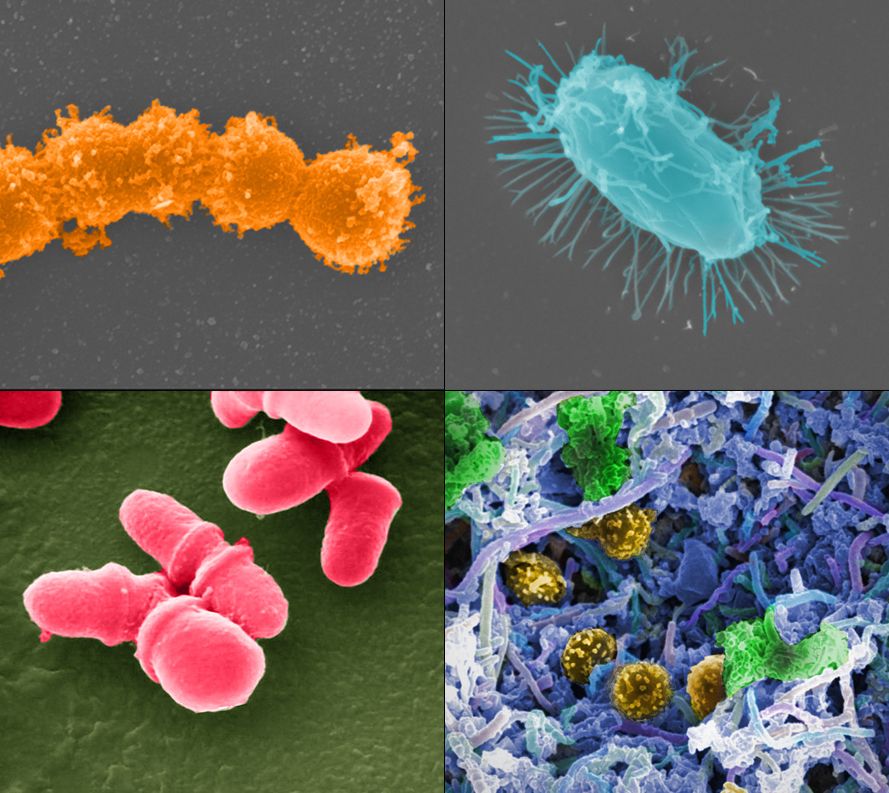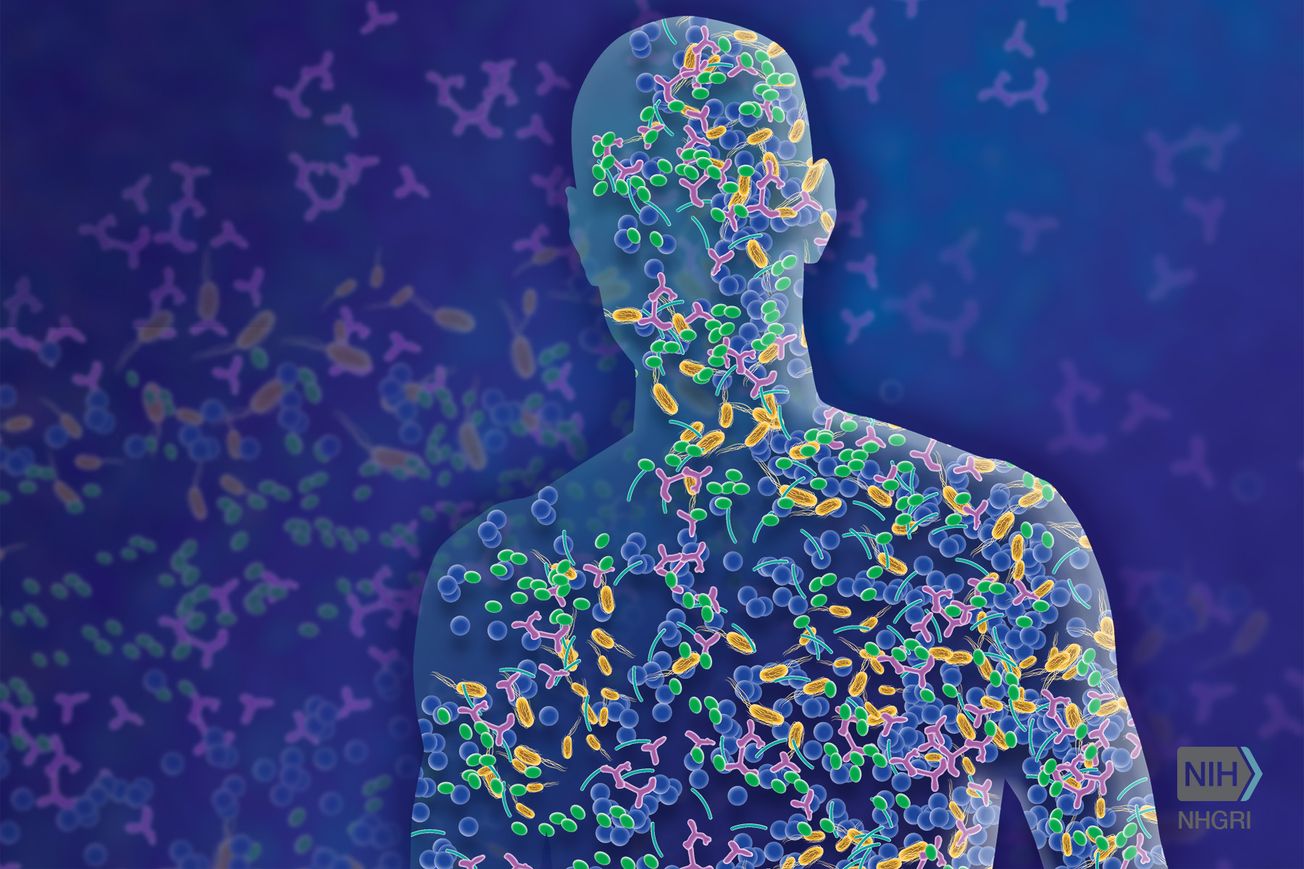By Lucy Mahony, Fourth Year, Bioinformatics
Researchers from the University of Bristol have contributed to a study showing that our DNA influences which types of microbes live inside our gut. The study is a key piece in the puzzle of understanding our gut microbiomes and how they might play a significant role in influencing our health.
Humans are walking petri dishes, with millions of microbes covering both the inside and outside of our bodies. We have roughly the same number of micro-organisms living inside our gut as human cells in our entire body. These specific micro-organisms are referred to as our microbiome.

The microbiome is of considerable interest to scientists, due to its well-known effects on our immune health, mental well-being, drug metabolism and even risk of cancer. However, how exactly the microbiome does this and why people have different compositions of micro-organisms inside their gut is not fully understood.
This collaborative study, published in Nature Genetics, involved over twenty research groups from across the globe and sampling from over 18,000 participants. The report found that at least two genes have an impact in determining which microbes we have in our gut. Firstly, the lactase gene was identified. This gene influences the abundance of a bacterial species called Bifidobacteria, which helps us digest lactose. The second gene is called the fucosyl transferase gene. This gene determines the abundance of a species of bacteria called Ruminococcus torques.
At least two genes have an impact in determining which microbes we have in our gut
Dr Wade, a lecturer at the University of Bristol, who was one of the researchers on this study commented: ‘What surprised me was how complex these genetic signals were’. It was already expected that our genetic make-up would have some kind of impact on our microbiome. However, rather than a simple relationship, this study showed that many of the genes impacting the microbiome also influence human traits, which then in turn further influence the microbes.
The study also used a technique called Mendelian Randomization when analysing their results. This technique has been pioneered in Bristol and allowed the researchers to look at the relationship between the microbiome and human disease occurrence. They found that people whose microbiome had a higher abundance of a group of bacteria called Actinobacteria and its subgroup Bifidobacterium, might be protected from developing ulcers. They also found that the presence of certain members of the bacterial family Oxalobacteraceae might protect people from rheumatoid arthritis.
Bristol-led research uncovers links between genes and gut bacteria
The Low-FODMAP Diet: a no-BS guide to eating with IBS
To better understand the links between human genetics and the gut microbiome, Dr Wade explains that ‘inter-disciplinary collaboration between genetic epidemiologists and microbiologists will be required. […] We are working hard to apply complex methods with inter-disciplinary collaboration to understand the causal role played by the gut microbiome and human health.’
There is a plethora of future work required before we can fully understand these interactions and translate them into healthcare.
Featured Image: National Human Genome Research Institute / Microbiome
Do you think about ways to take care of your microbiome? If yes, what are they?









